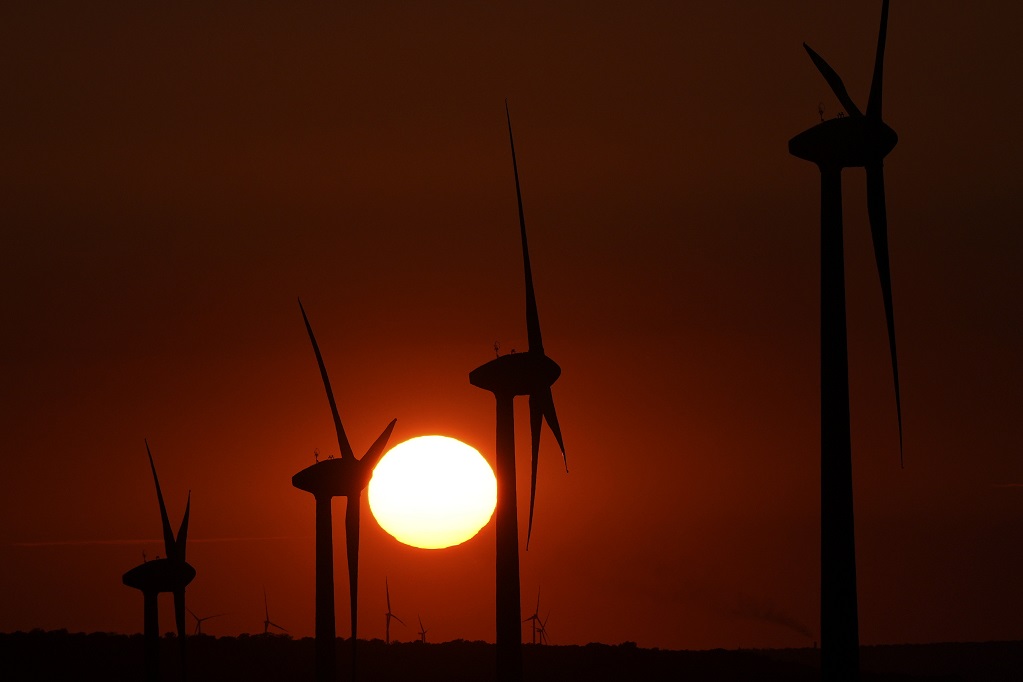Price cap proposals are an extremely delicate topic that will affect the standard of living of hundreds of millions of Europeans in the coming months. The stakes are high; therefore, various leaks of alleged proposals are appearing in the public space across Europe, testing the reactions of markets and people. Politicians are actively competing with their statements, and when they don’t have any actual solution to present, they at least form another committee of experts, with such a move recently announced by Czech Prime Minister Petr Fiala.
In the chaos, the outlines of what may happen to electricity prices in the coming weeks and months are emerging. The first is that the chances of a unified European solution are not high. The interests of individual countries and the key political and business players within each are so different that a unified model that would work as a compromise acceptable to all is highly unlikely.
[pp id=46978]
In the end, the compromise will most likely be benevolence coupled with a silent shutdown of the European electricity market — a deal in the style of telling each nation: “Do it your way,” but just be as considerate of each other as you can. No one will criticize the plan. We will close our eyes and try to get through the difficult time of the energy crisis without friction — a friction that Europe maneuvered itself by turning off nuclear and fossil sources in some countries coupled with a lack of stable power plants. It will be like during the Covid-19 crisis, when each country dealt with restrictions, including border protection against the entry of citizens from other European Union countries, in its own way.
That is when the Schengen system of free movement was quietly shut down, and now, the single electricity market will be quietly shut down as well.
[pp id=46102]
If by some small miracle, a solution were to be found, it would probably be a price cap on electricity. That will depend on the actual costs of individual producers plus a state-regulated profit margin. This solution is disadvantageous for countries that do not generate electricity from gas, which is now extremely expensive. We Czechs belong to this group, as we produce only 8 percent of electricity from gas. At the same time, we export 20 percent of our total electricity production, so even if we shut down the gas power plants right now, we will have enough electricity.
On the contrary, this price cap scenario is advantageous for countries that have built their electricity production on gas, which is primarily Germany. It is this difference between nations regrading a price cap that would threaten any such the agreement at the European level.
Czech Prime Minister Petr Fiala announced yesterday that if there is no European agreement, there will be a national solution. According to available information and the statements of various members of the government, the solution is a cap on electricity prices at the national level. It would be calculated as the cost of producers and sellers plus a regulated margin. The advantage of the cap is that the state does not have to compensate anyone from the budget.
[pp id=46771]
It is a solution for electricity that is relatively easy, especially in our country, where we produce it cheaply in nuclear power plants — and without emission permits. It would be cheap even in coal-fired plants.
The gas solution will be significantly more demanding and expensive. We import it at a high price. If the government decides to make it cheaper for people and companies, it will have to directly subsidize the price from the budget, and it all depends on where the price cap would be. But with extreme upswings, where gas has soared to multiples of last year’s prices, this intervention will be very expensive for the budget. Then, the debate will begin about who will pay for it. Energy companies will no longer have any extraordinary profits if such a cap were implemented, and then the windfall tax for refineries and banks will naturally come back into play.






